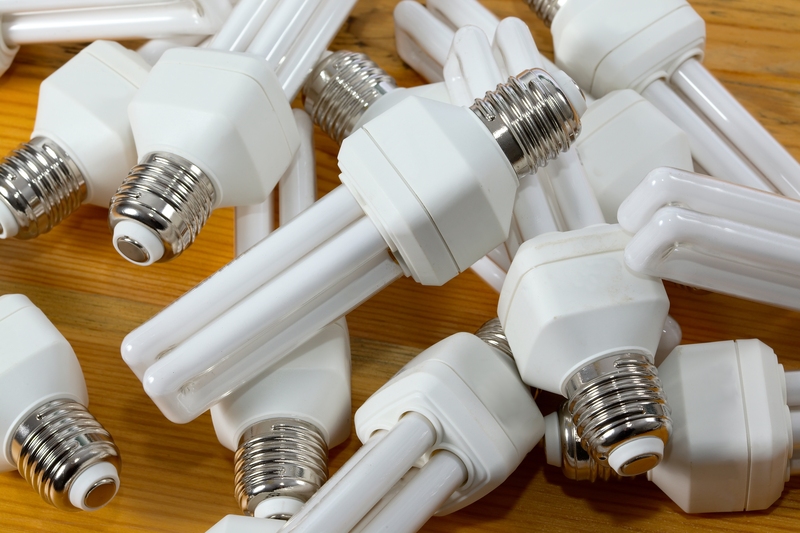Plant-Based Plastics: A New Era?
As the environmental consequences of traditional plastics become increasingly apparent, industries and consumers alike are turning their attention to sustainable alternatives. One such alternative that has gained significant traction is plant-based plastics. Often referred to as bioplastics, these materials derived from renewable biomass sources hold the promise of significantly reducing our environmental footprint. But are plant-based plastics the dawn of a new era in sustainable materials? Let's delve deeper into this burgeoning field.
What Are Plant-Based Plastics?
Plant-based plastics are a type of bioplastic made from renewable sources such as corn, sugarcane, or cellulose, instead of petroleum. This means that unlike traditional plastics, which are derived from fossil fuels, plant-based plastics utilize the carbon from plants, which is part of the current carbon cycle. The most common types include polylactic acid (PLA) and polyhydroxyalkanoates (PHA).

The Environmental Benefits of Plant-Based Plastics
The primary advantage of plant-based plastics lies in their potential to reduce carbon emissions. Traditional plastics contribute to greenhouse gas emissions at nearly every stage of their lifecycle--from production to disposal. In contrast, plant-based plastics can sequester carbon dioxide during their growth phase, potentially offering a reduced carbon footprint.
Moreover, plant-based plastics can be engineered to be biodegradable or compostable, helping to address the growing issue of plastic pollution. Biodegradable plant-based plastics can break down into non-toxic components over time when exposed to natural environmental conditions, unlike their petroleum-based counterparts that can take hundreds of years to decompose.
Economic Implications
The shift towards plant-based plastics also offers promising economic opportunities. The global market for bioplastics is rapidly expanding, with projections indicating significant growth in the coming years. Countries and corporations investing in bioplastic technologies could see economic benefits through job creation, technological innovation, and market expansion.
Technological Developments
Recent advancements in biotechnology and materials science are paving the way for more efficient and cost-effective production methods for plant-based plastics. Innovations such as genetic engineering to optimize crops for bioplastic production and improvements in fermentation processes are helping to make these materials more competitive with traditional plastics in terms of both performance and cost.
Challenges and Criticisms
Despite their potential, plant-based plastics are not without challenges. One major issue is the competition for arable land. As the demand for bioplastics increases, so does the need for agricultural space, which could otherwise be used for food production. This raises concerns about the impact on food security, particularly in developing countries where agricultural resources are already stretched thin.
Another challenge is the current lack of infrastructure for the proper disposal of biodegradable and compostable plastics. For these materials to break down effectively, they require specific conditions often found in industrial composting facilities, which are not yet widely available.
Pros and Cons of Plant-Based Plastics
Pros
- Reduction in carbon footprint
- Biodegradability and compostability options
- Renewable resource utilization
- Potential for economic growth and job creation
Cons
- Competition for arable land
- Lack of composting infrastructure
- Higher production costs compared to traditional plastics
- Potential environmental impact of large-scale bioplastic production
Tips for Embracing Plant-Based Plastics
- Educate yourself about the different types of plant-based plastics and their appropriate applications.
- Support companies and products that utilize bioplastics to encourage market growth and innovation.
- Push for the development of local composting infrastructure to ensure proper disposal.
- Consider the lifecycle of bioplastic products, from production to disposal, to make informed sustainability choices.

Key Takeaways
- Plant-based plastics offer a promising alternative to traditional plastics but come with their own set of challenges.
- The environmental benefits include reduced carbon emissions and the potential for biodegradability.
- Economic opportunities abound in the bioplastics sector, though food security and disposal infrastructure remain critical concerns.
Conclusion
Plant-based plastics signify an exciting development in our quest for sustainable materials. While they bring numerous environmental benefits and economic opportunities, it's imperative to address their associated challenges to fully realize their potential. With continued innovation, investment, and societal support, plant-based plastics could indeed herald a new era in sustainable material science.
